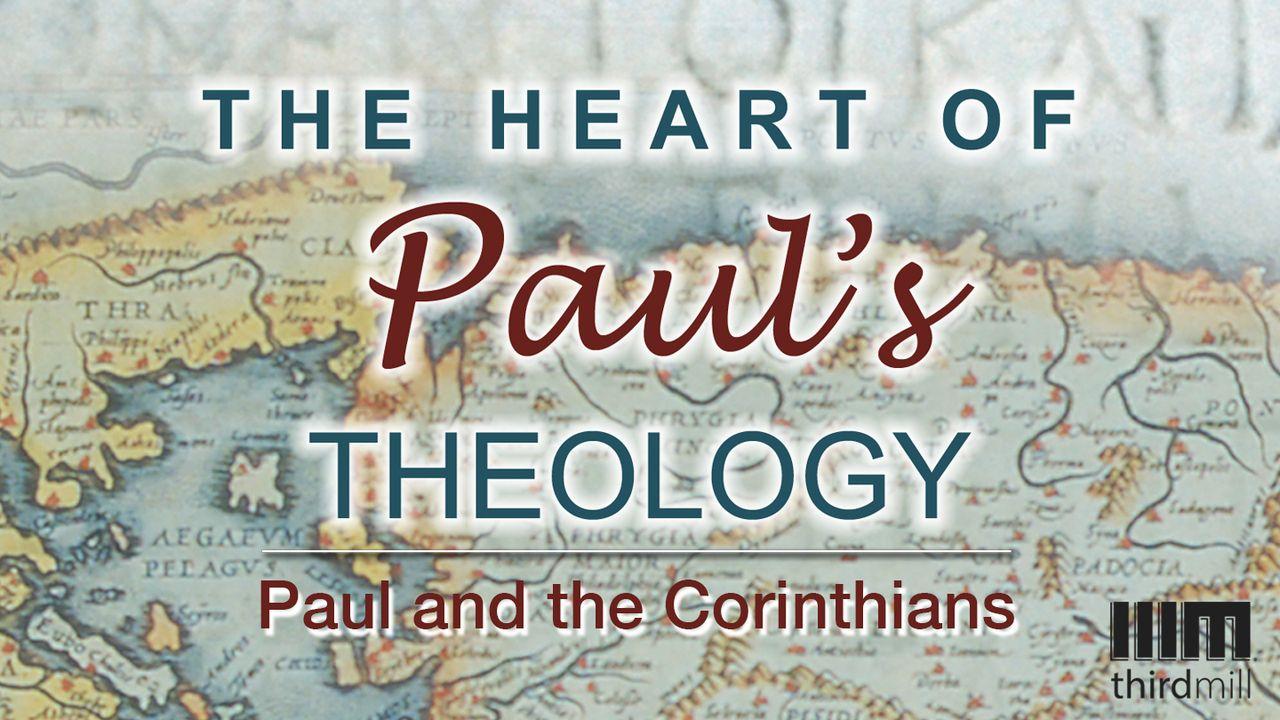The Heart Of Paul’s Theology: Paul and the CorinthiansSample

The Problem of Damaged Relationships: 1 Corinthians 6:7-8
Paul addressed several different types of damaged relationships in his letters to the Corinthians, including such things as rival factions within the church, lawsuits between believers, disregard toward the poor among them, and a failure to minister to the poor in Jerusalem. Let’s look first at the problem of rival factions.
Prior to writing 1 Corinthians, Paul received a report that the believers in Corinth were turned against each other by identifying themselves with whichever teacher they held in highest esteem. Consider the way Paul described their attitude in 1 Corinthians 1:12:
One of you says, “I follow Paul”; another, “I follow Apollos”; another, “I follow Cephas”; still another, “I follow Christ.”
Paul was astounded at the pettiness that divided these believers. After all, Paul, Apollos, Peter and Jesus all taught the same thing, namely that Jesus was supreme and that apostles and teachers like Peter, Paul and Apollos were His servants. They did not seek to build rival schools of thought, but to build up the church of Jesus Christ. As Paul wrote in 1 Corinthians 3:5 and 11:
What, after all, is Apollos? And what is Paul? Only servants, through whom you came to believe — as the Lord has assigned to each his task … No one can lay any foundation other than the one already laid, which is Jesus Christ.
Peter, Paul, Apollos and other human leaders obeyed Jesus in all things. They did only what Jesus had appointed them to do, which was to preach His gospel and to build His church.
Sadly, the divisions in the church were not simply ideological; they also appeared in the ways that Christians in Corinth were taking each other to court. Consider how Paul described the situation in 1 Corinthians 6:7-8:
The very fact that you have lawsuits among you means that you have been completely defeated already. Why not rather be wronged? Why not rather be cheated? Instead, you yourselves cheat and do wrong, and you do this to your brothers.
This lack of concern for one another was also evident in the way the poor were mistreated in the Lord’s Supper. Paul rebuked this behavior in 1 Corinthians 11:21-22:
As you eat, each of you goes ahead without waiting for anybody else. One remains hungry, another gets drunk…Do you despise the church of God and humiliate those who have nothing?
Such selfish egoism also led to a fourth form of damaged relationship among Christians: their failure to collect relief funds they had promised to the needy Christians in Jerusalem. Paul had instructed them to take up this collection even before he wrote 1 Corinthians. But by the time he sent 2 Corinthians to them, they still had not completed it. Consider Paul’s exhortation to them regarding this matter in 2 Corinthians 8:10-11:
Last year you were the first not only to give but also to have the desire to do so. Now finish the work, so that your eager willingness to do it may be matched by your completion of it.
Scripture
About this Plan

This reading plan explores the background to Paul's letters to the Corinthians, examines the structure and content of First and Second Corinthians, and reveals his eschatology.
More
Related Plans

5 Steps to Standing Strong in Spiritual Warfare (For Women)

Strength for Singles - Lessons From Sampson

Kingdom Masculinity

Is God Really Trustworthy?

Gospel Courage | Share Your Faith | a 3-Day Devotional

Collide

Spiritual Training: The Discipline of Fasting and Solitude

Celebrate

What Is the Fear of the Lord?
